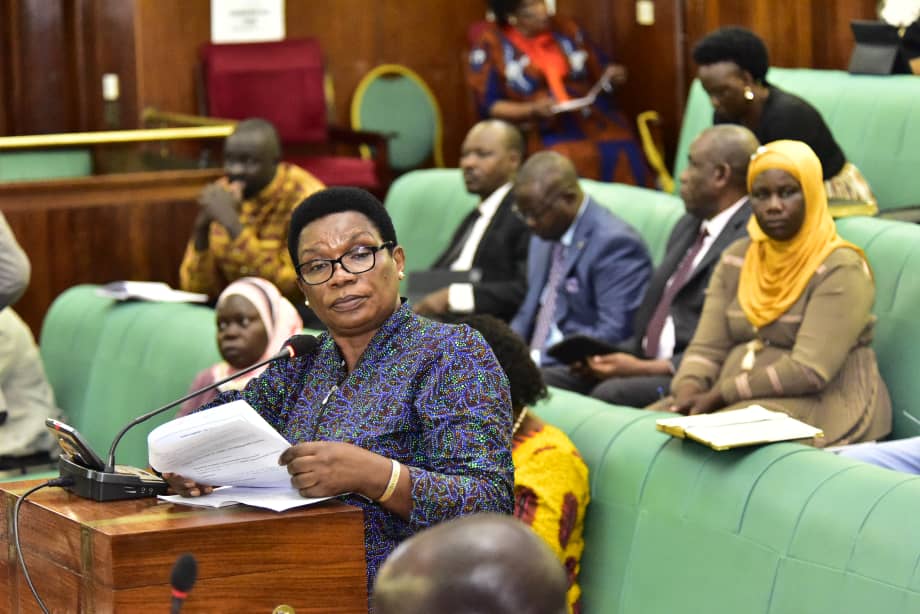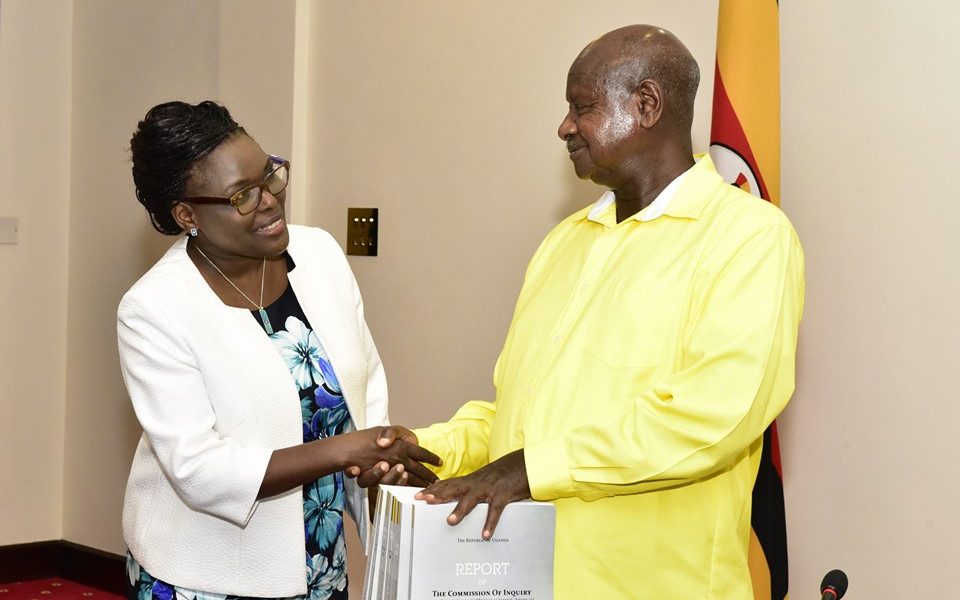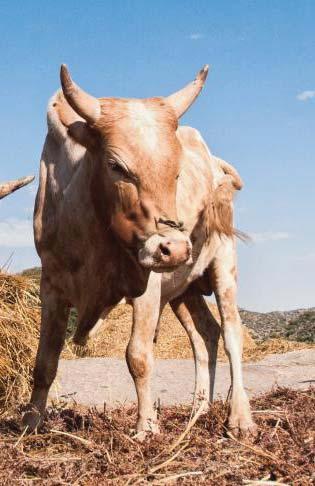Parliament has voted against a government proposal to combine several key agricultural agencies into the Ministry of Agriculture, Animal Industry, and Fisheries (MAAIF). The rejection stems from the belief among legislators that the agencies in question, including the National Agricultural Advisory Services (NAADS), the Uganda Coffee Development Authority (UCDA), the Cotton Development Organization (CDO), and the Dairy Development Authority (DDA), do not meet the criteria outlined in the rationalization policy.
During a plenary sitting chaired by Speaker Anita Among on April 19, 2024, Hon. Janet Okori-Moe, the Chairperson of the Committee on Agriculture, Animal Industry, and Fisheries, presented reports on the proposed mergers. She emphasized the unique roles played by agencies like UCDA and DDA in generating domestic and foreign revenue, citing significant growth in dairy exports as evidence of their effectiveness.
Okori-Moe underscored the importance of specialized agencies in sectors such as coffee, dairy, and cotton, noting their critical roles in monitoring production and ensuring quality standards for exports. She argued that reverting these responsibilities to the civil service would undermine current achievements and jeopardize long-term goals, such as Uganda’s coffee production roadmap.
The committee’s assessment revealed that merging the agencies would not result in significant cost savings, particularly in cases like DDA where staff, predominantly scientists, command high salaries. Hon. Elijah Okupa raised concerns about inaccurate figures presented by the Minister of Finance regarding potential savings from merging UCDA, highlighting the need for transparent and accurate information in parliamentary deliberations.
Despite these challenges, legislators expressed unanimous support for preserving NAADS, citing its pivotal role in promoting food security and poverty alleviation. They commended NAADS for its contributions to boosting agricultural production and ensuring access to balanced diets for a significant portion of the population.
Hon. Muhammad Muwanga emphasized the importance of allocating adequate resources to support the continued success of these agencies, particularly in light of Parliament’s decision to retain their autonomy. He urged fellow lawmakers to prioritize funding during the budgetary process to enable these agencies to fulfill their mandates effectively.
Hon. Francis Mwijukye echoed Muwanga’s sentiments, highlighting food security and agricultural value addition as key achievements of the agencies under consideration. He applauded Parliament’s decision to uphold their autonomy and underscored the importance of their continued support in driving agricultural development.
In response, Hon. Wilson Muruuli Mukasa, the Minister for Public Service and the architect of the rationalization policy, reiterated the government’s commitment to streamlining agencies to reduce wasteful expenditure and improve service delivery efficiency.
In addition to rejecting the merger proposal, Parliament passed the Agricultural Chemicals (Control) (Amendment) Bill, 2024, and the Trypanosomiasis (Repeal) Bill, 2024, signaling its ongoing commitment to legislative reforms in the agricultural sector.




















